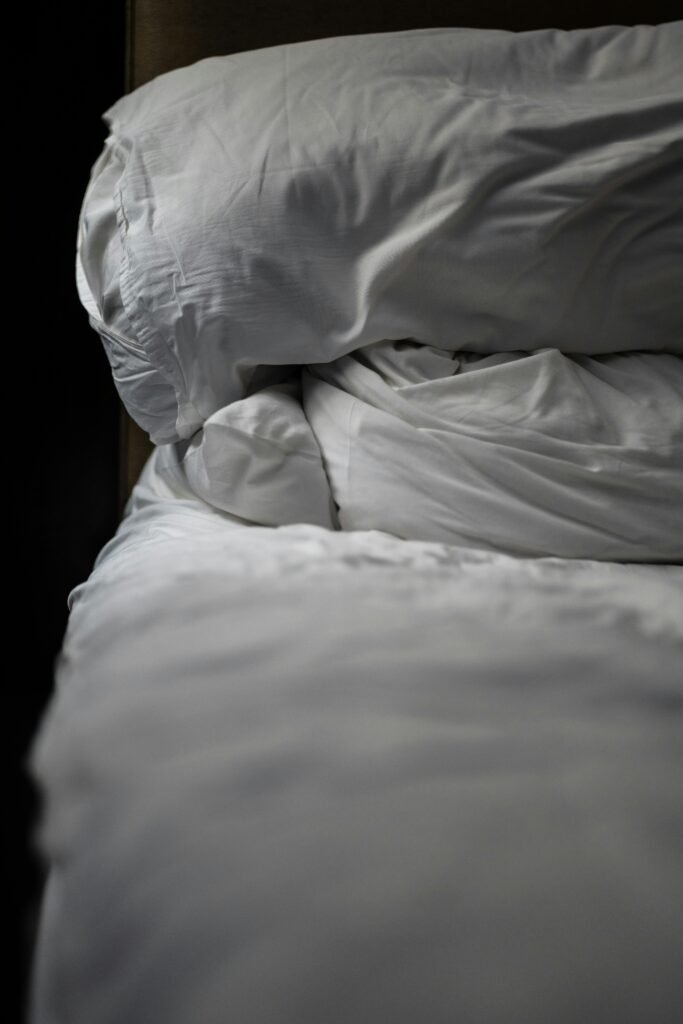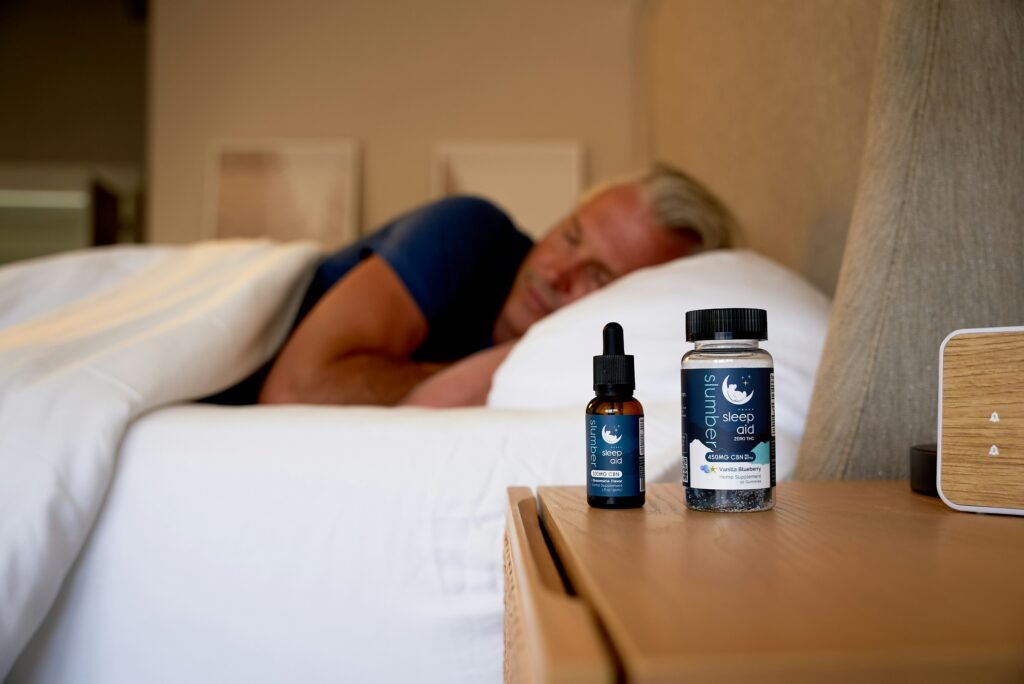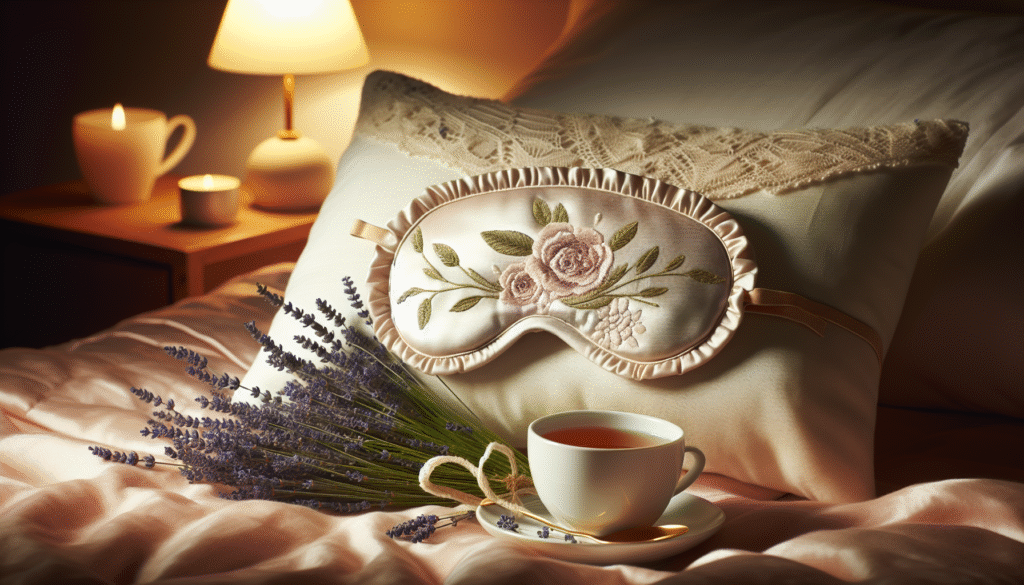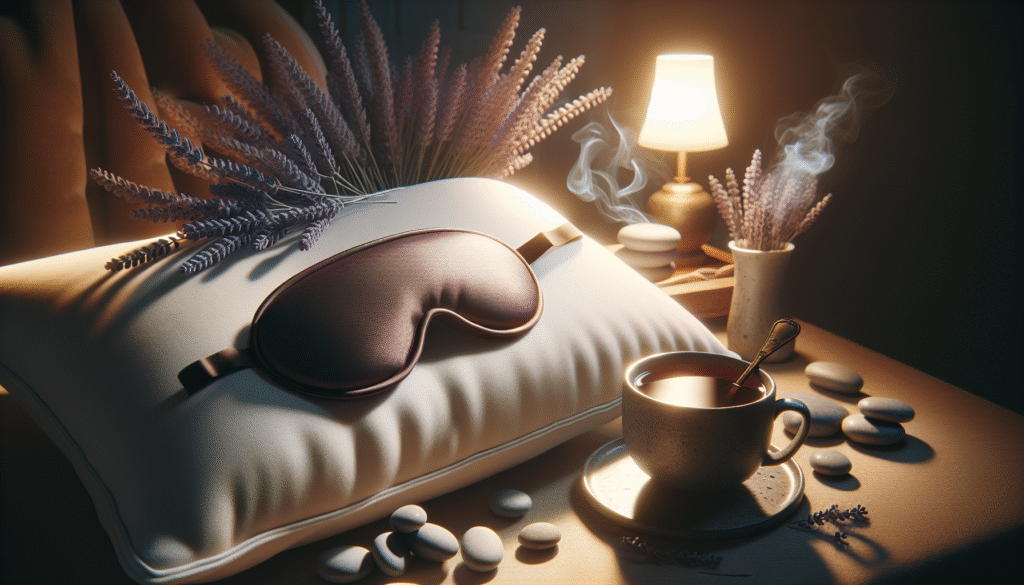What if I told you that one of the most effective ways to improve your sleep quality and duration involves something that might seem totally unexpected? You might be thinking of sleep aids, white noise machines, or that new mattress you’ve been eyeing. But there’s something else at play that might just hit that sweet spot of both relaxation and rejuvenation—something that’s all about plunging into water. Yes, you read that right! Let’s dive into how incorporating various forms of water therapy into your nightly routine could transform your sleep for the better.
Understanding Sleep Quality and Duration
Sleep quality and duration are not the same, though they are often intertwined. Duration refers to how long you sleep, while quality refers to how restful or restorative that sleep is. You might find yourself in bed for eight hours, but if you wake up feeling like you’ve barely slept, then the quality is lacking. Striking a balance between both is necessary for achieving optimal health, and water therapy might offer a unique solution.
The Importance of Good Sleep
Why is sleep so essential, you might wonder? Sleep plays a crucial role in every aspect of your life. From cognitive function to emotional stability, the benefits of good sleep are vast. When your sleep quality is high, you’re likely to experience more energy, better concentration, and even improved mood. Conversely, poor sleep can lead to a cascade of health issues, including higher stress levels, weakened immunity, and difficulties in maintaining a healthy weight.
The Science Behind Water and Sleep
Now, let’s unpack why water, in its various forms, can be your ally in achieving better sleep. Water has unique properties that can help regulate your body temperature, relax your muscles, and even facilitate the transition from wakefulness to sleepiness. Understanding how water interacts with your body can give you insights into harnessing its potential for better sleep.
Temperature Regulation
You probably know that your body loves maintaining a comfortable temperature. Too hot, and you find it hard to sleep; too cold, and it’s just uncomfortable. So how does water play a role here? Taking a warm bath can help raise your body temperature, and once you get out, your body cools down quickly, signaling to your brain that it’s time to sleep. This simple physiological response can set the stage for a more restful night.
Muscle Relaxation
Feeling tense or sore after a long day? It’s a common hurdle many face when trying to unwind. Water therapy, particularly in the form of baths, can help melt away muscle tension. The buoyancy of water allows your muscles to relax and release tension, leading to that luxurious feeling of serenity you crave before bed.
Stress Reduction
The hustle of daily life can often keep your mind racing, even when you’re lying in bed. Engaging in water-based activities, like swimming or soaking, can reduce cortisol levels—the stress hormone—thus promoting a more relaxed mental state. Less stress means a clearer pathway to falling asleep and staying asleep.

Different Forms of Water Therapy
Since we’ve established that water can significantly impact your sleep, let’s explore some methods you can try. Whether you have access to a tub or a pool, each form has its unique benefits.
Warm Baths
A warm bath is one of the most accessible forms of water therapy for improving sleep quality and duration. Set aside some time in the evening to fill a tub with warm, soothing water. Adding Epsom salts or essential oils like lavender can enhance the relaxation effect.
Benefits of Warm Baths:
- Increased Body Temperature: Helps cue your body for sleep.
- Tension Relief: Eases muscle soreness and tension.
- Mindfulness Practice: A moment of peace to unwind and reflect on your day.
Showers
If a bath isn’t feasible for you, a long, hot shower can also work wonders. The steam from the shower helps open your airways, making it easier to breathe and relax. Consider implementing a breathing exercise while you shower to further calm your mind.
Benefits of Showers:
- Clears Nasal Passages: Promotes easier breathing, especially if you have allergies.
- Refreshes Your Mind: Standing in the water can serve as a form of meditation.
- Quick and Convenient: Taking a shower is often quicker than a bath.
Swimming
Swimming isn’t just great exercise; it can also serve as a calming nighttime ritual. The rhythmic nature of strokes coupled with the refreshing water can help bring about relaxation. Even a leisurely float can do wonders for your mental state after a stressful day.
Benefits of Swimming:
- A Gentle Workout: Helps release endorphins, pairing physical and mental relaxation.
- Lowering Heart Rate: The water’s resistance combined with deep breathing can lower your heart rate.
- Social Interaction: Swimming with friends can boost your mood.
Cold Water Therapy
While warming up in water is beneficial for sleep, some people find that cold water therapy can also help them wind down. Brief exposure to cold water, such as a cold shower or a cool dip, can invigorate you and help you feel more alert, which might indirectly lend itself to improved sleep if included in your daytime routine.
Benefits of Cold Water Therapy:
- Stimulates Circulation: Promotes better blood flow.
- Restores Energy Levels: Invigorates the body and prepares you for a restful night.
- Improves Mood: Can boost mood and reduce symptoms of anxiety.
Tips for Implementing Water Therapy
As you consider incorporating water therapy into your nightly routine, here are some actionable tips to get started. The key is to find what resonates best with you.
Set a Regular Schedule
Consistency is crucial. Pick a time before bed that you can commit to as your “water therapy hour.” Whether that’s a bath, shower, or swim, doing it at the same time each night will help create a routine your body can become familiar with.
Make It Enjoyable
Water therapy should not feel like a chore. Consider adding relaxing elements such as soothing music, scented candles, or your favorite bath products. The more enjoyable the experience, the more likely you’ll stick with it.
Limit Technology
Diving into water therapy is a great opportunity to disconnect from screens. The blue light emitted by phones and computers can disrupt sleep cycles, so take this time to unplug and engage with your surroundings instead.
Combine With Other Sleep Hygiene Practices
Water therapy can work hand-in-hand with other sleep hygiene practices. Make sure your sleep environment is conducive to rest: keep the room dark, quiet, and cool. Pairing these methods with water therapy can exponentially increase your sleep quality.
Monitor Your Progress
Keep a sleep diary to monitor changes in your sleep patterns. Note how long you sleep, quality of sleep, and any dreams or interruptions. This information can help you understand how water activities affect your sleep.
Stay Hydrated
While it may seem counterintuitive, don’t forget about hydration! Drinking enough water throughout the day can help promote better sleep at night. Just be mindful not to drink too much right before bed to avoid those pesky late-night bathroom trips.

The Role of Mindfulness in Water Therapy
Integrating mindfulness into your water therapy can further enhance its benefits. By focusing your attention on the sensations of the water, you can effectively quiet an overactive mind.
Techniques for Mindfulness
Here are a few methods you can try:
- Deep Breathing: Focus on your breath while enjoying a bath or shower. Breathing deeply can signal to your body that it’s time to relax.
- Visualization: Envision a peaceful scene while soaking, like lying on a beach or swimming in a calm lake. This can help reduce anxiety and promote a tranquil mindset.
- Body Awareness: Focus on how your body feels immersed in water, paying attention to the sensations against your skin. This practice can bring you into the present moment and out of distracting thoughts.
Potential Downsides to Water Therapy
While water therapy can provide numerous benefits, there are a few potential downsides to consider. Being aware of these risks allows you to mitigate them effectively.
Skin Issues
Soaking in water for extended periods might lead to dry skin or irritation for some individuals. If you notice that your skin reacts negatively to baths, consider shortening your soak time or applying moisturizer afterward.
Time Commitment
Setting aside time for water therapy can feel like a luxury in our busy lives. If your schedule is packed, you might find it challenging to commit to this practice. However, even just a few minutes can be beneficial!
Safety Concerns
If you’re using a bathtub, be mindful of slip hazards. Add non-slip mats or grab rails if needed to avoid accidents. For swimming, always prioritize safety by making sure you swim in supervised areas.

When to Seek Medical Advice
After trying various forms of water therapy, you might find that your sleep still isn’t improving. In such cases, it’s essential to consult with a healthcare provider. They can help you identify any underlying issues, such as sleep disorders or other health problems that might be affecting your sleep.
Incorporating Additional Relaxation Techniques
Water therapy is a powerful ally in your quest for better sleep, but it can be even more effective when combined with other relaxation techniques. Consider adding some of these practices into your routine:
Yoga and Stretching
Engaging in gentle stretches or yoga can facilitate relaxation and prepare your body for sleep. Focus on slow, controlled movements and deep breathing. These practices can also complement your water therapy by enhancing muscle relaxation.
Meditation
Incorporating meditation practices can better connect your mind and body, allowing for deeper relaxation. This could be done before or during your water therapy to enhance the calming effect.
Aromatherapy
Utilizing essential oils in your water therapy can elevate the experience. Lavender, chamomile, and sandalwood are known for their calming properties and can help support restful sleep.

Creating Your Ideal Sleep Sanctuary
While water therapy is essential, other aspects of your sleep environment also matter. Make your bedroom a sanctuary where rest comes naturally:
Comfortable Bedding
Invest in comfortable bedding, including pillows and blankets that suit your preferences. The right materials can significantly enhance your sleep experience.
Low Light
Keep your bedroom dark to signal to your body that it’s time to wind down. Blackout curtains can be especially helpful if you’re sensitive to light.
Temperature Control
Find a temperature that feels comfortable for sleeping. Most experts recommend a cooler room temperature for optimal sleep.
Conclusion
Incorporating water therapy into your nightly routine can have a profound impact on your sleep quality and duration. With its ability to relax your body, calm your mind, and provide a deeper connection to your natural rhythms, it’s clear why more people are turning to this method for better rest.
As you begin this journey, remember to be patient and adaptable. Just as with any new practice, finding what works best for you may take some trial and error. Commit to the process, and you may be surprised by the improvements in your sleep and overall well-being.
Why not plunge into the soothing embrace of water tonight and see how it transforms your sleep? You may find that sweet slumber is just a bath away.


